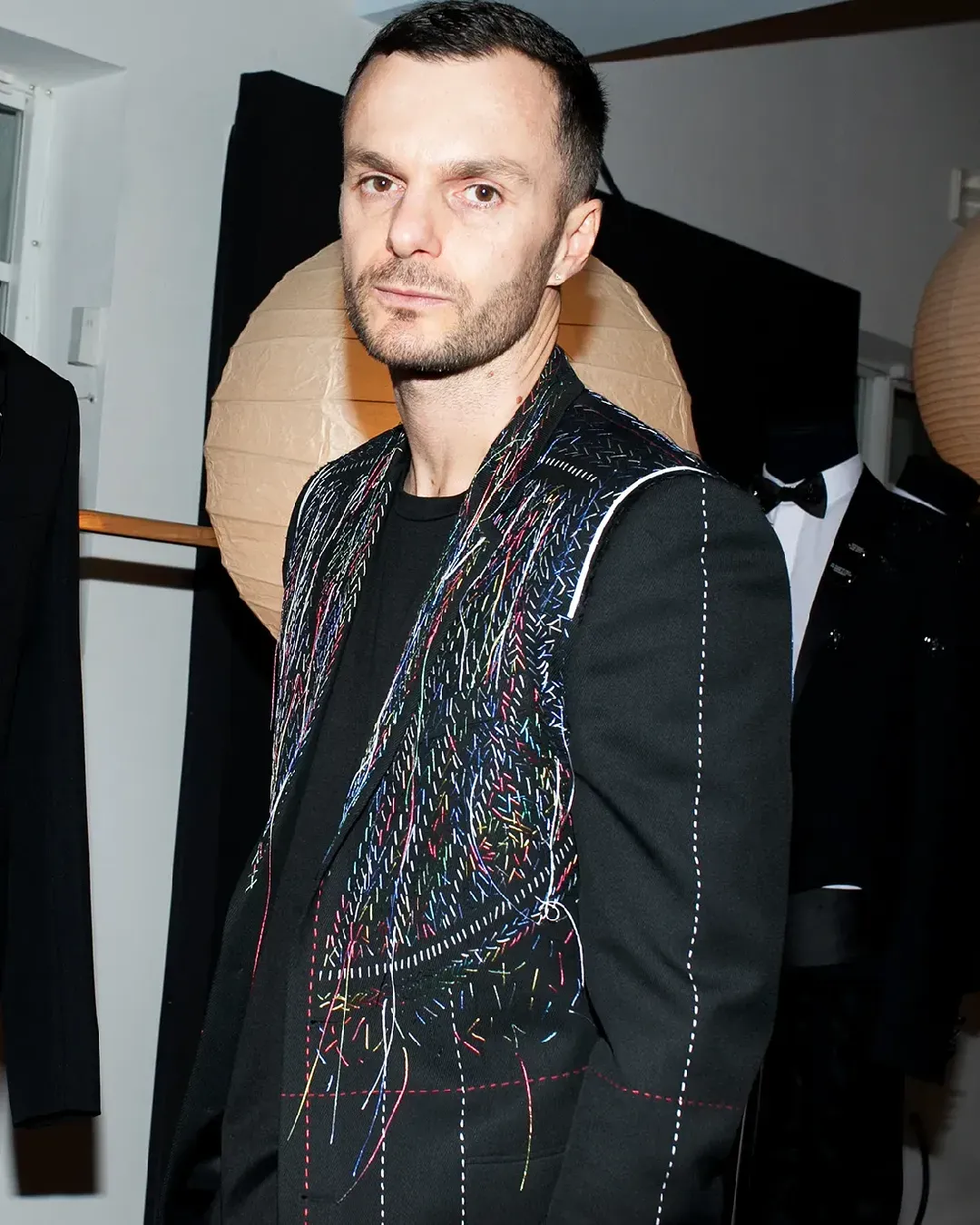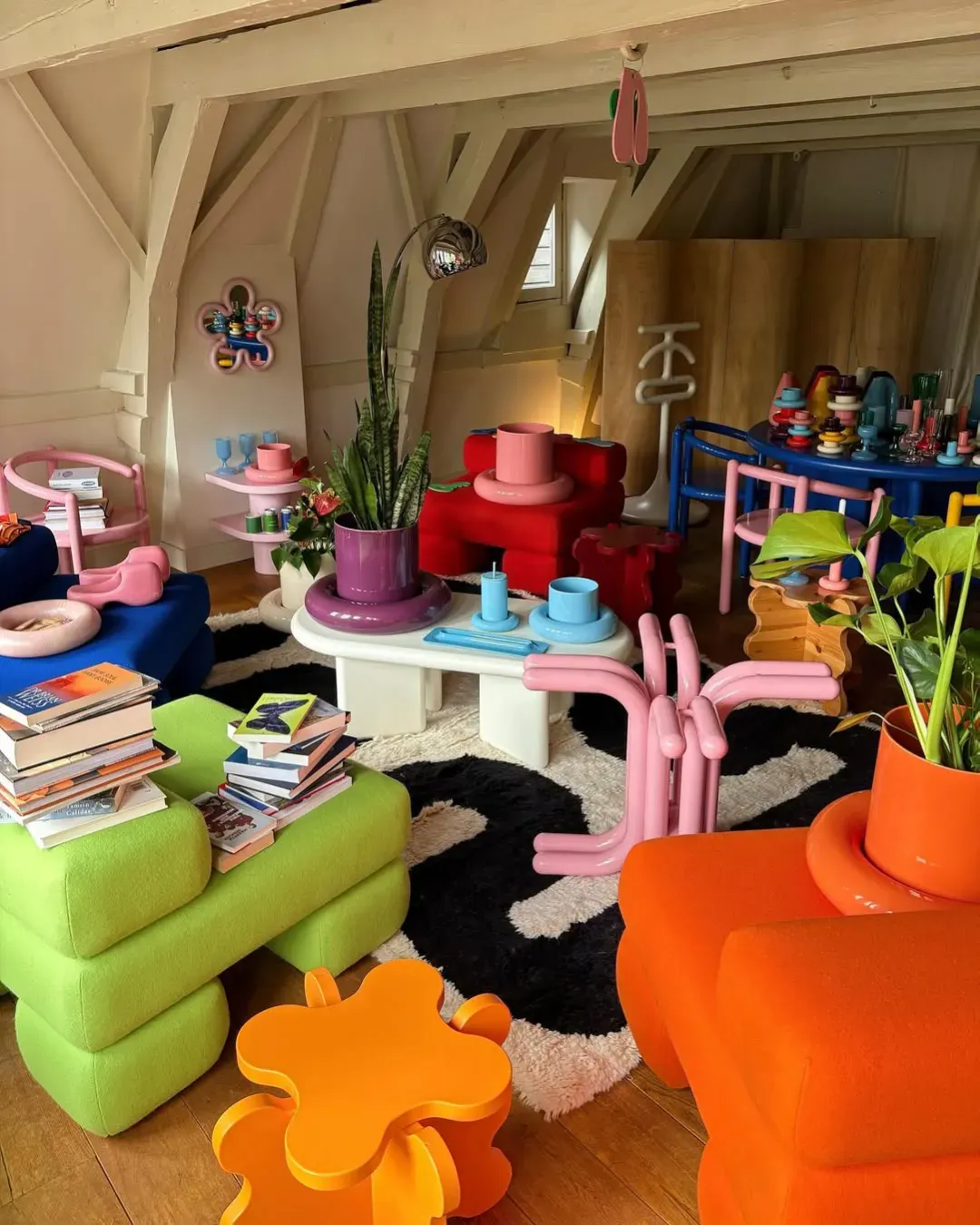
Why also IKEA is committing to second-hand market Starting with the sale of spare parts for your furniture
The low-cost furniture giant Ikea has recently announced that it will start selling spare parts for furniture and furnishing accessories, in a broader attempt to make its products sustainable and to become, in the long term, a circular company. This is an absolute novelty for the Swedish brand, which until now did not allow the repair of its products, but only offered the possibility of buying them back in their entirety. During the year, an online sales system will be introduced where it will be possible to purchase individual parts of larger structures, such as sofa legs, bolts, etc.
Alongside this initiative, Ikea is carrying other projects always aimed at sustainability. Last year, for example, it started buying back some used furniture, in exchange for a discount voucher for customers. If they cannot be resold, used furniture will be recycled. Although these programs are still in the testing phase, by 2030 Ikea plans to become a completely circular company, ensuring that each of its products can be reused, repaired or recycled. To achieve this, it will be necessary to rethink not only the quantities in which the brand's products are produced but above all the materials that are used. As the Financial Times revealed on Monday, the company currently uses 98% wood from certified sources for environmental sustainability or recycling. Within ten years, the equation should predict at least one-third of recycled wood.
Actively addressing the issue of sustainability, with the ultimate goal of becoming a circular company, includes an important and often underestimated matter: what to do with used products. In this sense, Ikea has created a program that is not too different from what has been seen in the fashion industry for some years and in particular in the luxury sector, with the big difference that the Swedish company does not rely on third-party platforms, but that circularity occurs "internally". The growing attention towards environmental issues and an increasingly shared sustainable awareness, in particular by the younger generations, have meant that brands were forced to adapt to this new mindset, rethinking their supply chain and finding alternative solutions to the mass destruction of used or unsold goods.
The second-hand has gained more and more space and attention, so much so that The RealReal, but also Vestiaire Collective, have become two striking examples of what the second-hand market is worth, which has experienced double-digit growth in the last six years. If before this type of business was opposed by the big fashion houses, today the second-hand sector represents a unique opportunity to rethink the narrative that is made of sustainability, through initiatives that not only redefine brand reputation and value but that are also financially profitable. It is therefore not surprising that Gucci has signed a deal with The RealReal to sell "certified pre-owned" garments. However, one cannot help but think that this type of interest from the biggest brands comes late, an initiative that wants to bridge the distance that has always divided the most historic luxury from these new instances, interpreted in the best way by young and fast companies. After years of external platforms and independent sites having made money with luxury second-hand products, now are the brands that claim that slice of the market.
To try to escape the accusations of green-washing, brands will not only need to change language and to rebuild their supply chain, but it will be crucial to create a unique experience for the final consumer, which does not end at the time of purchase, but that begins precisely there. The consumer must be encouraged and invited to continually return to the brand, bringing back what he has already used, buying only a small part he needs, deciding to invest in a product that has already been used but recovered, establishing a solid relationship, in which the brand supplies to the customer everything he needs, from both a practical and ideological point of view.





















































